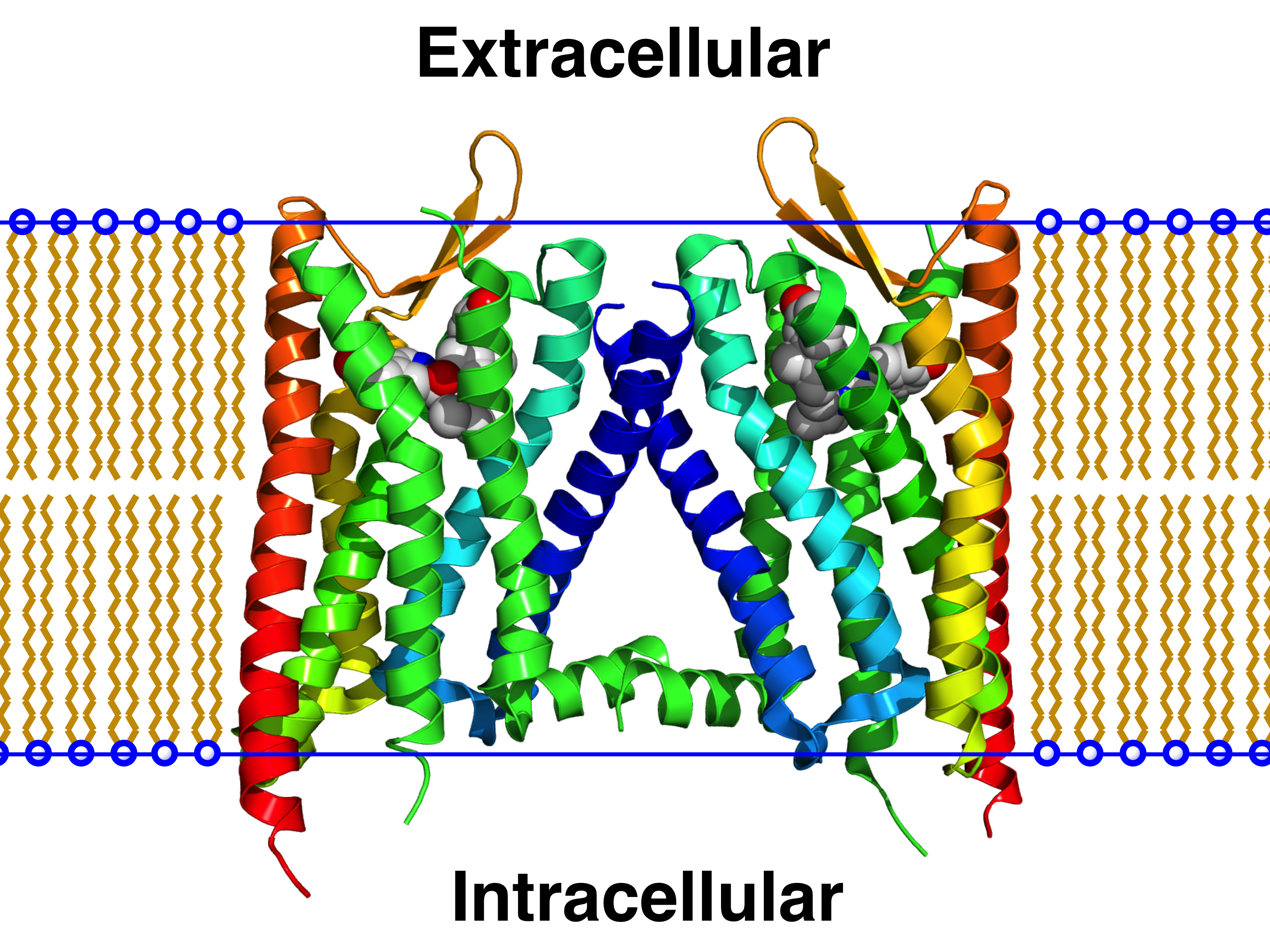
Kappa Opioid Receptor Function. Here using a newly developed KOR-cre knockin allele viral tracing single-cell. This study supports a role for NTRK2 and OPRK1 signaling in the pathophysiology of mood disorder. Call now to ask about available opioid treatment options and how we have adapted. A combination of neuroanatomical electrophysiological and behavioral techniques have been used to probe the functional consequences of KOR activation in the brain and spinal cord in both.

There is considerable interest in developing kappa opioid κ receptor agonists to reduce pain without causing dysphoria addiction or constipation 1234Drugs which do not cross the blood. The kappa-opioid receptor is coupled to an N-type calcium channel and stimulation of the kappa-opioid receptor inhibits calcium currents Tallent et al 1994. This study supports a role for NTRK2 and OPRK1 signaling in the pathophysiology of mood disorder. OPRK1 and PDYN polymorphisms may alter severity of HIV infection and response to. While opioids are often used during the perioperative period and in critically ill situations little is known about how opioids are involved in pulmonary immune function and the inflammatory response. Overstimulation of the κ-opioid receptors on T cells and macrophages by exogenous opioids or endogenous opioid peptides may alter the levels of.
Kappa receptors are responsible for analgesia at the level of the spinal cord the brain and also kappa-mediated dysphoria.
May play a role in arousal and regulation of autonomic and neuroendocrine functions2 Publications. However the specific types of somatosensory neurons that express KOR remain unclear. The results showed that less dopamine in the nucleus accumbens of the brain is associated with locomotor sensitization. Kappa receptors have less of a role in physical dependence and withdrawal. Kappa Opioid receptor in the nucleus is a novel prognostic factor of esophageal squamous cell carcinoma. Here using a newly developed KOR-cre knockin allele viral tracing single-cell.